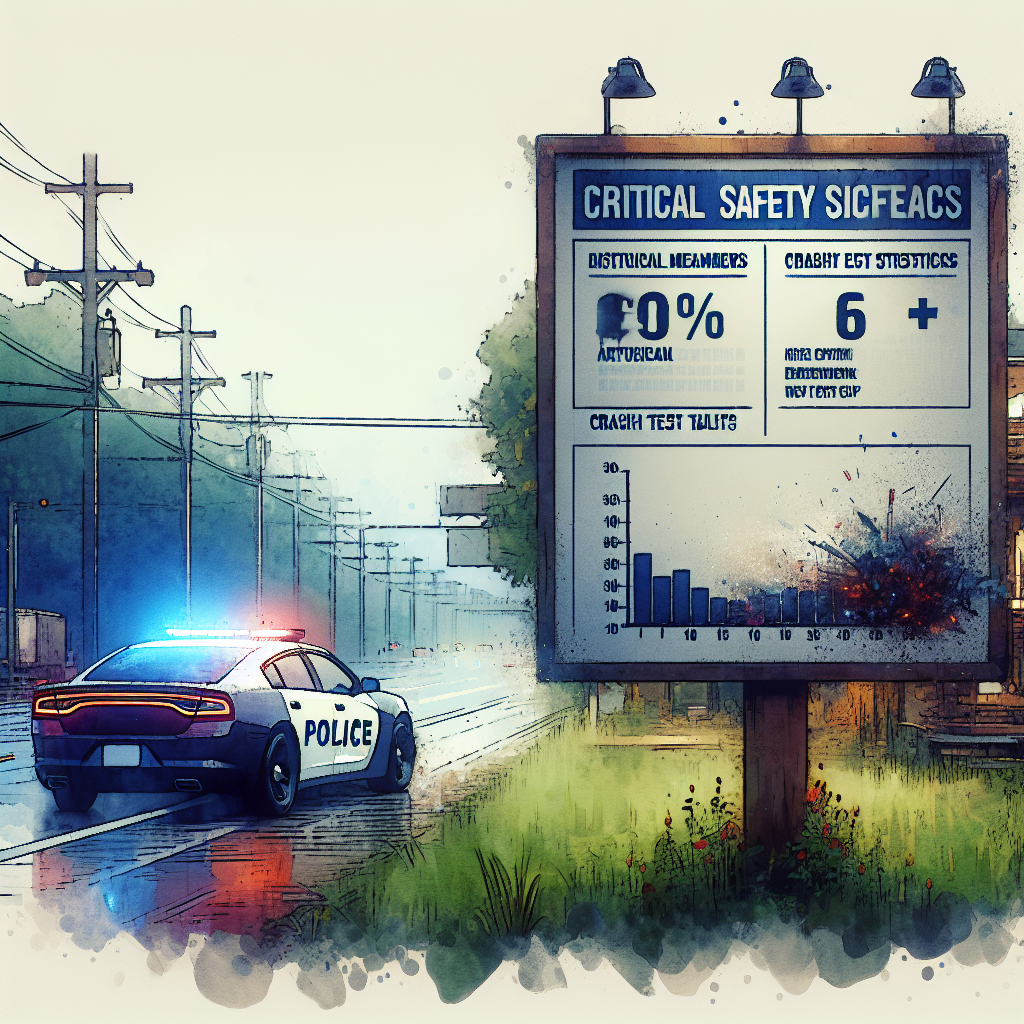
The United States has achieved a significant milestone in road safety with traffic fatalities dropping by 8% in 2025, marking the sharpest decline in 15 years according to the National Highway Traffic Safety Administration (NHTSA) [1]. This positive development comes alongside increased scrutiny of vehicle safety, with several major manufacturers issuing recalls to address potential safety concerns.
Multiple automakers are taking proactive steps to address safety issues through recalls. Ford has announced a recall of 115,000 Super Duty pickups, including F-250, F-350, and F-450 models from 2020 and 2021, due to steering column concerns [2]. In a separate action, the company is recalling 102,000 Taurus sedans manufactured between 2016 and 2019 due to B-pillar issues [3].
The NHTSA is expanding its safety investigations to include emerging electric vehicle manufacturers. The agency is currently investigating seatbelt safety issues in Rivian delivery vans [4]. Similarly, BMW and MINI have recalled 1,571 vehicles due to front seatbelt defects [5].
In the realm of safety ratings, the NHTSA has announced a delay in implementing tougher car safety ratings until 2027 [6]. This comes as recent Insurance Institute for Highway Safety (IIHS) evaluations show that both the Tesla Cybertruck and Model 3 failed to achieve Top Safety Pick+ awards [7].
The automotive industry is also seeing advances in safety testing technology. Siemens and rFpro have collaborated to develop a new tire-road simulation interface, enabling more accurate safety testing [8].
- U.S. Road Deaths Drop 8% in 2025, Sharpest Decline in 15 Years
- 115,000 Ford Super Duty Pickups Recalled over Steering Column Issue
- Ford Recalls 102,000 Cars After Doors Start Falling Apart
- The NHTSA is investigating a seatbelt safety issue in certain Rivian delivery vans
- BMW, MINI Recall 1,571 Vehicles Over Front Seat Belt Defect
- The Feds Just Delayed Tougher Car Safety Ratings Until 2027
- Why Tesla’s Cybertruck and Model 3 Didn’t Get IIHS Top Safety Picks
- Siemens and rFpro co-develop tyre-road simulation interface
















